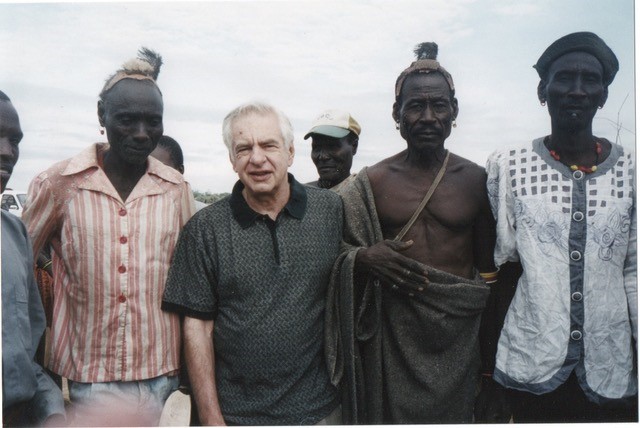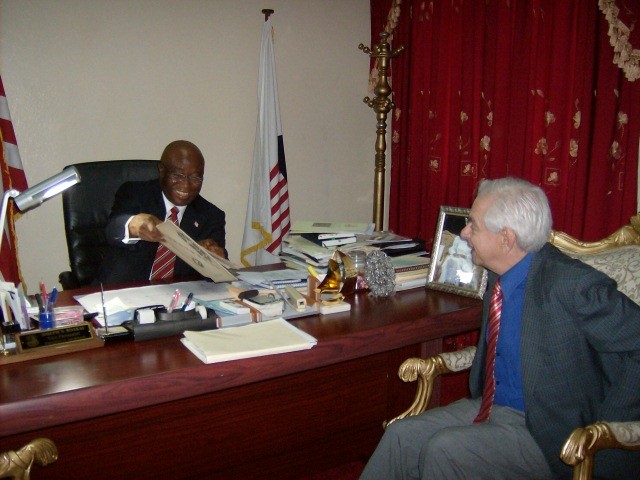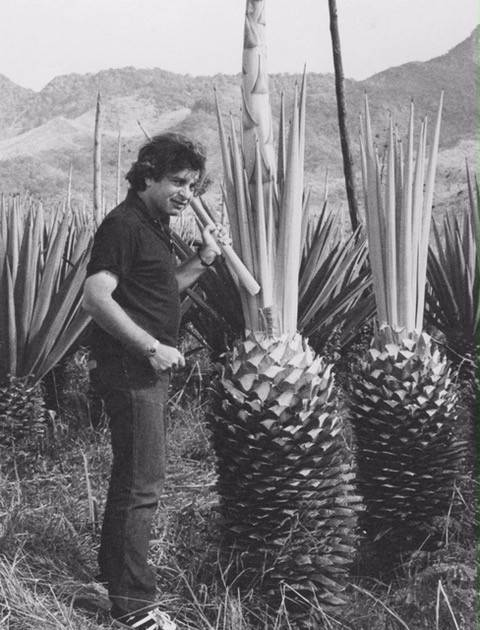My Father’s Work at USAID in Service to World Hunger

We are living through a politically fraught time in the United States, and I am acutely aware that what is happening here is felt around the world. Countless ideas, opinions, and fears are running rampant, and internally, it can feel destabilizing. From my experience, there appears to be multiple narratives about what is constituting “truth” or “facts” regarding government actions and events of late. For me, staying anchored to what I know to be true and listening closely to people and sources that I respect is keeping me grounded.
Recent news has focused on the workings of USAID (United States Agency for International Development), including the downsizing of the department and dramatic budget cuts. The future of USAID hangs in the balance.
I would like to offer a personal perspective, as these developments have hit close to home and increased my feelings of loss and concern under the current administration.
My father, Tom Marchione, worked for USAID in Washington, D.C., for 18 years until his retirement—specifically in the Bureau for Democracy, Conflict, and Humanitarian Assistance, where he served in the Food for Peace and Foreign Disaster Assistance offices. He represented USAID on the U.N. Standing Committee on Nutrition and was a member of teams that conducted evaluations and research in more than 10 countries. He was a committed advocate for the poor, the hungry, and the malnourished, and a staunch believer in food security for all.
My father passed away in 2008, so sadly he is not here to offer his perspective on current events. My mother sent me images of my father in the field — among tribal leaders in Africa, during a meeting with Liberia’s Vice President Joseph Boakai, and examining crops in Tanzania (see above). She also shared this thought with me, 'although Tom found working in a bureaucracy often slow going, he believed it was important for the U.S. to share its wealth and knowledge, and he viewed USAID as an organization that played an essential role in the world.'

My father was passionate and extremely dedicated to his work as a nutritional anthropologist until his last breath. He loved to travel, and his work took him to Africa, the Caribbean (we lived in Jamaica for several years), South America, Southeast Asia, and Europe (we also lived in Norway for a year). He was adept at relating to people from different cultures and brought humility, intelligence, and innovative thinking to all of his efforts.
From my understanding, both his work and the work of USAID increase international relations and foster unity among nations. This is fundamental for maintaining goodwill and working toward common solutions around the world. I recognize that organizations are complex, with many variables and nuances, and there is no single answer to every challenge. However, the bottom line remains that many people—including my father— have committed themselves to working towards justice and devoted their lives to making a positive change.
I hope that these values will shine through despite the divisions and misinformation that are causing so much confusion and negative assumptions. I miss my dad every day, and I carry on his legacy by striving to be of service in the world, and an informed member of our global community.
